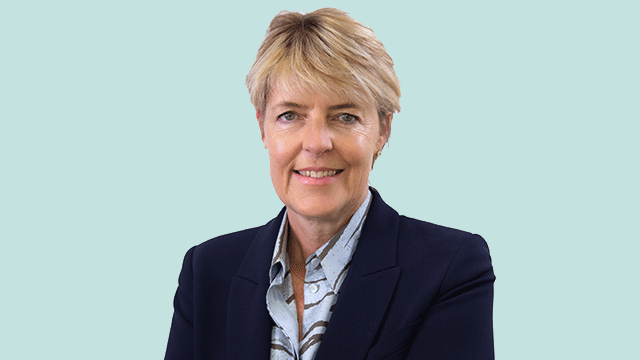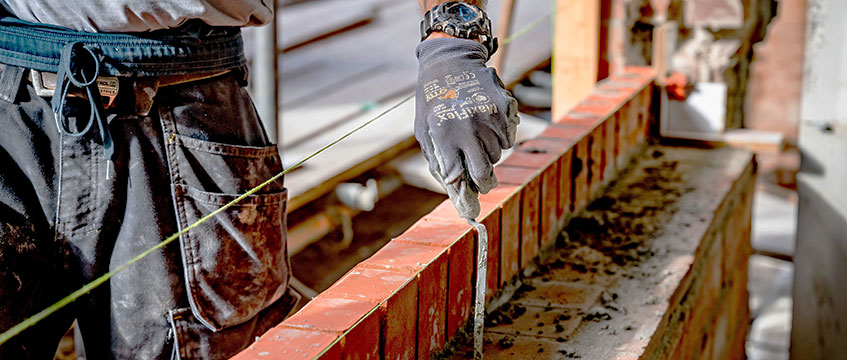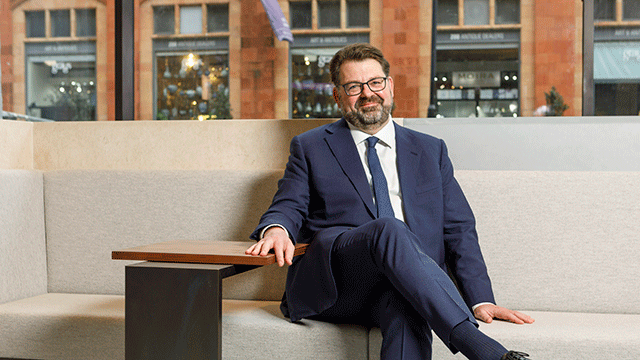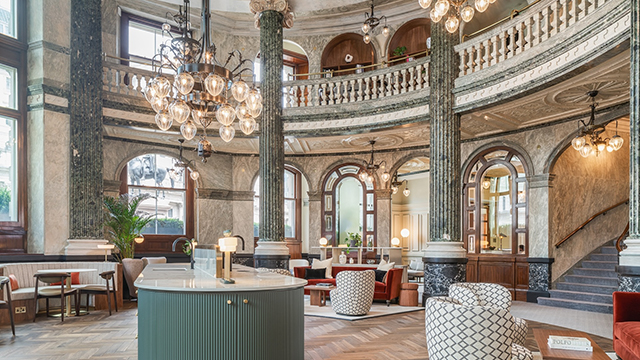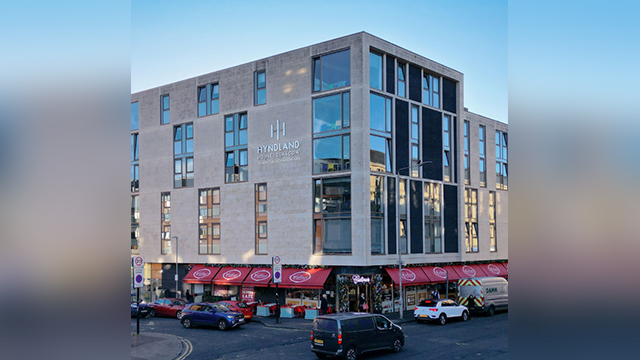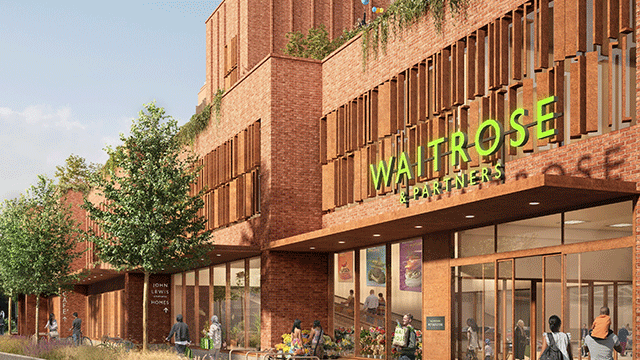Protesters have become part of the proceedings at the annual London Real Estate Forum in Berkeley Square, W1.
But this year, for the first time the public, normally confined to beyond the barriers, was invited into the tent.
“Listening to Londoners” was the title of a preview afternoon on Tuesday, which invited community groups, architects and developers to share ideas about shaping a “better city”. It gave a platform for community groups to talk about how the city can support more mixed developments and how workspace can be brought into developments.
The industry need take note. Westminster City Council leader Nicky Aiken summed up the changing political weather following the General Election at the LREF opening ceremony. “The voters have sent a very clear message – that they are receptive to a fresh vision of opportunity and equality,” she said.
How can developers improve community engagement?
Consider social capital
Community contributions are usually negotiated as part of s106 obligations at planning application. Arnaud Nichols, co-founder of Building BloQs, a pay-as-you-go workshop in Enfield, says that using a measure of financial success [viability] is a hindrance to the creation of sustainable communities.
“Most things are being measured in financial success and most of what we heard about [at the event] is about social success and investment into society and investment into people. Measuring that is not to do with finances, but it’s to do with livelihoods, well-being, aspiration, a good-quality life, environmental quality – all of that makes good places.”
Building BloQs would like to see more shared workspace within walking distance of people’s homes. “London needs its makers,” says co-founder Al Parra.
LREF 2017 – Community Day from BAR Productions on Vimeo.
De-mystify “community”
“We really need to de-mystify community,” says attendee Leyla Laksari of Tottenham community group Living Under One Sun, which aims to create places for communities to meet, access services, share skills and ideas and shape their neighbourhoods.
“We need to de-mystify developer and private sector, because we are creating spaces for communities to live together and be together.” Laksari, who is the group’s co-ordinator, says that if she wants to find a meeting room for a community groups in Tottenham, it costs £40 per hour, which is not affordable.
Taking a long-term interest in creating places and going beyond “meanwhile uses” – which involves community groups making use of spaces before re-development starts – are crucial, she says.
“I think developers don’t want to fail. It’s not in their interest. So we can be part of the solution. It’s about creating places where we can be part of the design and part of the development and part of sustaining it.”
Engage with the community
An event at which the property industry and government leaders quaff champagne and network in a Mayfair tent is always going to be an easy target. It remains to be seen if protesters will be at the event his year. But while the community engagement day is a good start, more needs to be done to improve the industry’s public image.
Peter Murray, chairman of New London Architecture, which is co-ordinating the conference, said: “I think the development industry has maybe not been as good as it should have been in linking up with communities, talking to them and getting them involved in projects, and I think the development community will find it beneficial to ensure that they have communities on their side.”
The debate has begun. Now the industry needs to engage.
Community First – who are the community groups taking development into their own hands?
■ Architect studio what if: projects is leading the way on the provision of community workspace in the capital. Working with local residents, it has transformed 60 vacant garages on the Ledbury Estate on Old Kent Road, SE15, into an arcade of workshops, studios, multifunctional spaces and a training kitchen linked to a sports pitch. The group financed the project with a crowdfunding campaign that attracted support from the Mayor’s Regeneration Fund, Southwark Council, Southwark Tenant Fund and Airbnb.
■ The Wanstead Playground Association was set up to raise funds to replace a worn-out council-run playground in east London. Association chair Sarah Bound raised £110,000 in 18 months through crowdfunding, grants and events, and project managed the design and installation.
■ Building BloQs is a pay-as-you-go workshop based in Enfield that aims to expand throughout the city.
■ Living Under One Sun creates places for communities to meet, access services, share skills and ideas and shape their neighbourhoods.
■ Click here to read the latest news from LREF
To send feedback, e-mail Louisa.Clarence-Smith@egi.co.uk or tweet @LouisaClarence or @estatesgazette





